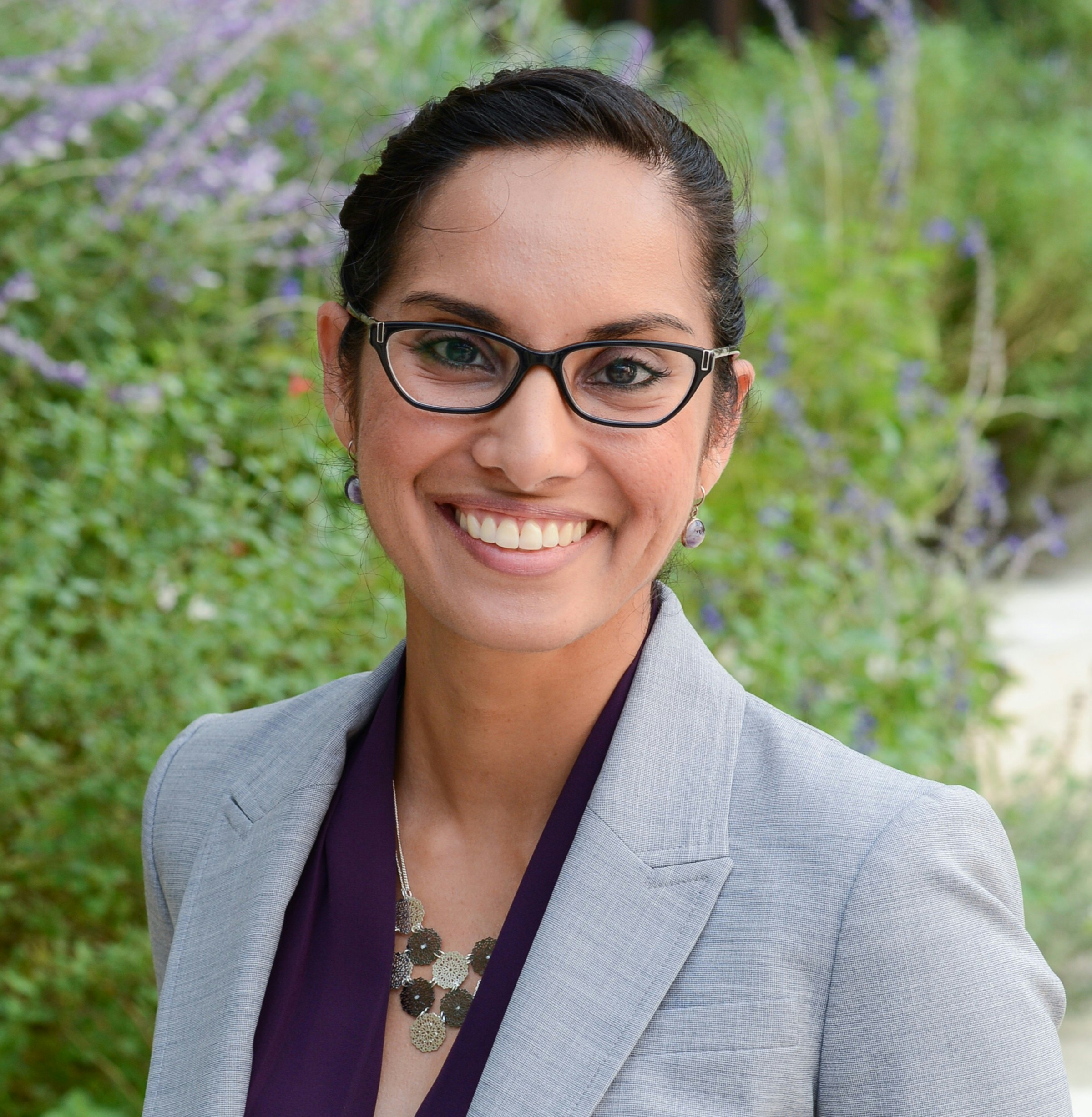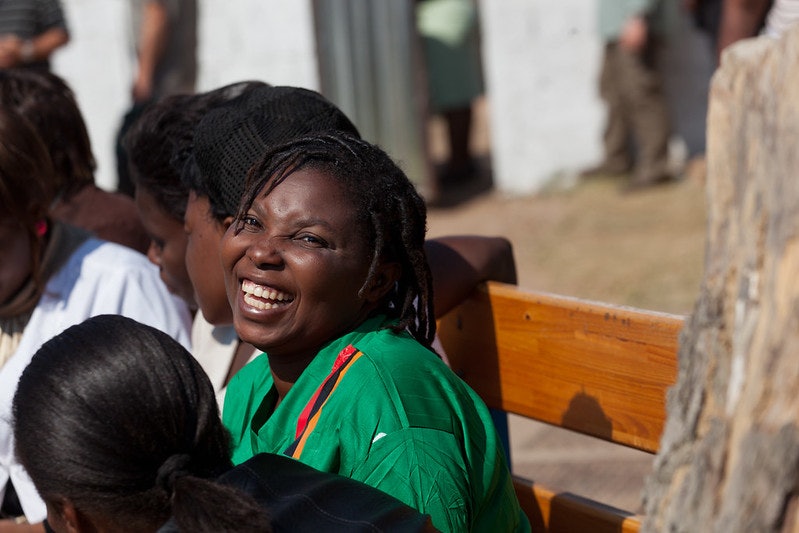Despite many challenges, there is room to hope for a brighter future in Afghanistan. That is the key directive in Mrs. Laura Bush’s recent message to the members of the U.S.-Afghan Women’s Council (USAWC), a non-partisan public-private partnership established in 2002 that convenes governments, civil society and the private sector to support Afghan women and girl’s education, healthcare, economic empowerment and leadership.
In the midst of the global pandemic and protests of racial injustice in the United States, Afghanistan has not made it into the news much lately despite continued turbulence. The Taliban continue to attack Afghan National Security Forces, and ISIS is still active. Testing for COVID-19 has stopped due to lack of medical supplies and equipment, even as cases and deaths continue to rise. While President Ghani and his main rival, Abdullah Abdullah, reached a political agreement to end the crisis of governance after last year’s election, the task of now pushing forward peace talks with the Taliban is a monumental one.
Despite these challenges, there is room to hope for a brighter future if Afghans and Americans alike commit to continued work on and investment in that future. That is the key directive in Mrs. Laura Bush’s recent message to the members of the U.S.-Afghan Women’s Council (USAWC), a non-partisan public-private partnership established in 2002 that convenes governments, civil society and the private sector to support Afghan women and girl’s education, healthcare, economic empowerment and leadership. Mrs. Bush serves as Honorary Co-Chair of the USAWC, alongside Mrs. Rula Ghani, First Lady of Afghanistan, and Mrs. Hillary Clinton, former Secretary of State and First Lady.
June 9, 2020
Dear members of the US-Afghan Women’s Council,
This spring marked the 15th anniversary of my trip to Afghanistan. That year, 2005, Afghan children were going to school for the very first time. I met with women studying to become teachers, and I toured marketplaces that bustled with businesswomen. Improved educational, healthcare, economic, and leadership opportunities for Afghan women were on the horizon. I was encouraged and excited.
The most memorable event of that trip was when I witnessed the signing of a document to establish the American University of Afghanistan. When its doors opened the following year, there were only 50 students, and few were women. Today, more than half of its 1,700 students are women. Women have served as president of the student government and are among the nearly 100 Fulbright Scholars the university has produced. Then and now, I believe education is the surest and most long-lasting route to social transformation and equality.
I’m committed to supporting the women of Afghanistan for the rest of my life. Through the WE Lead program at the George W. Bush Institute, we are educating and training women leaders in Afghanistan and throughout the Middle East and North Africa. And we are dedicated to policy and research work promoting women’s leadership and their role in the economy.
The members of USAWC share my devotion and understand the importance of investment in Afghanistan. Sometimes the path is difficult, and certainly the COVID-19 pandemic brings great challenges for the people of Afghanistan. But the strength and resilience of Afghan women and men I saw during my travels gives me hope. And I know your strength and determination! Thank you for the work you have done and continue to do, and for your commitment to a better Afghanistan.
Warmly,
Laura Bush































